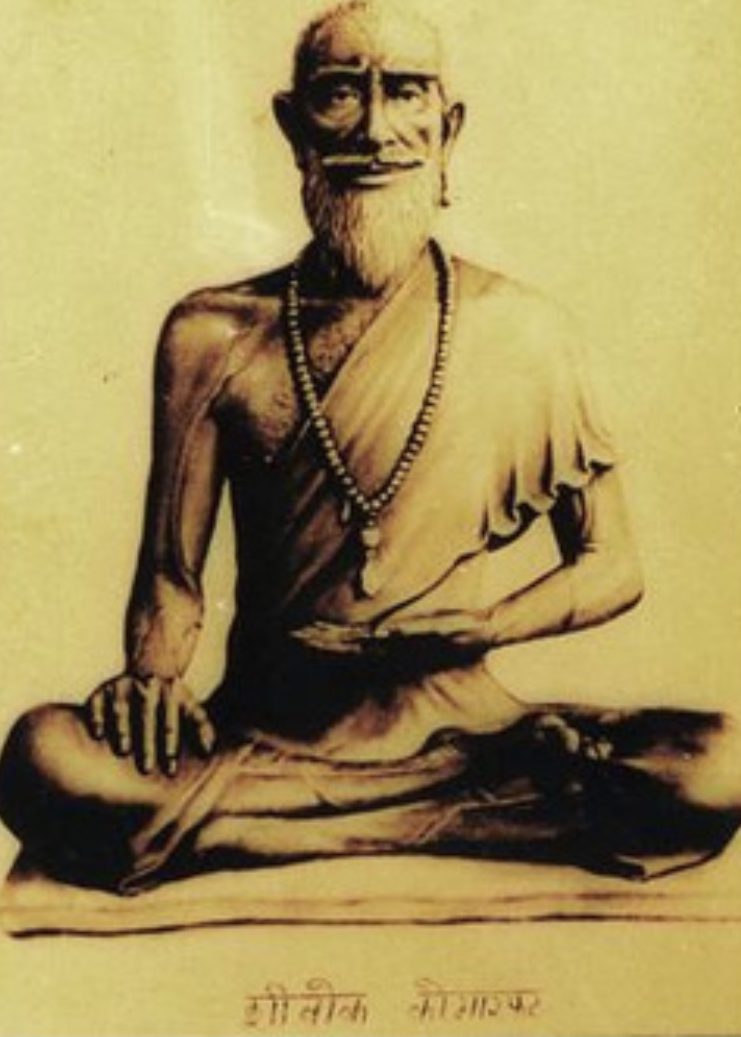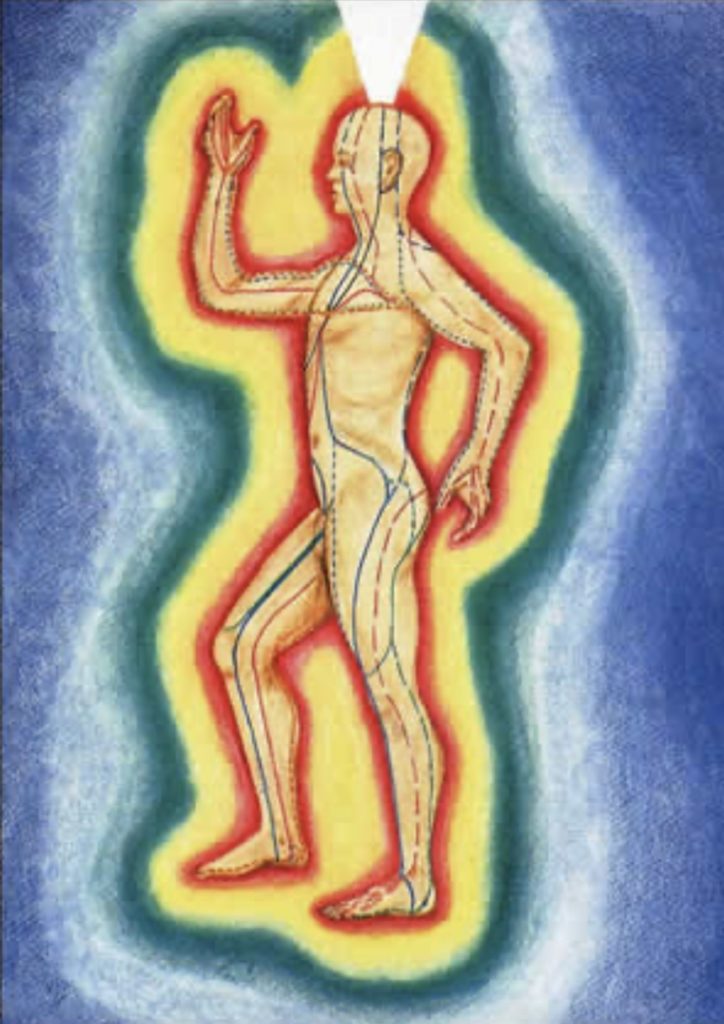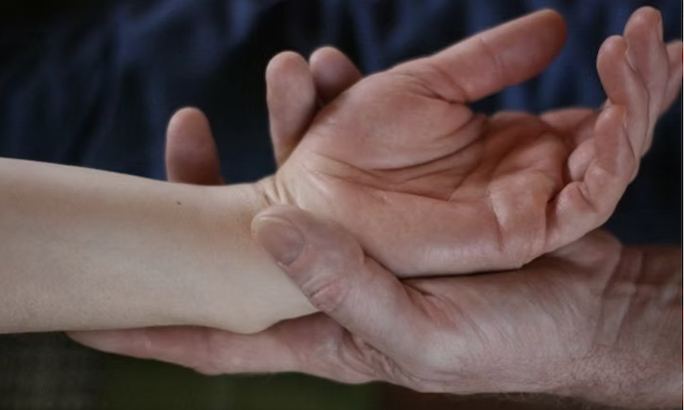The Origins
Throughout its history, Thai Massage was never seen as just massage but as a spiritual practice, a sacred dance of yoga for both giver and receiver.
Thai Yoga Massage has its roots in Yoga and Ayurveda. It was developed in India around 2500 years ago by the friend and physician to the Buddha, Jivaka Kumar Baccha. He is known in Thailand as “The Father of Medicine”.

Brought to Thailand around the third century along with Buddhism, Thai Massage has been practiced, developed and handed down through the generations and until fairly recently mostly practiced in Thai Buddhist temples.
What is Thai Yoga Massage?
Thai Yoga Massage views the human being as an interconnected whole, recognizing that physical, mental, emotional, and spiritual aspects continually influence each other.
The practice aims to restore and balance the body’s energy system by working with energy lines that flow throughout the body.
These energy channels appear in many Eastern healing traditions, with Chinese acupuncture meridians being the most familiar in the West.

Thai Yoga Massage practitioners work with ten primary meridians—the Sip Sen.
The vital life force known as Prana (Sanskrit), Chi (Chinese), or Ki (Japanese) travels through these channels, nourishing the body with energy essential for health and proper functioning.
When physical or emotional trauma, poor posture, or unhelpful habits create blockages, this life force becomes trapped, leading to physical discomfort and emotional imbalance. Thai Yoga Massage with its amazing multitude of techniques and adjustments can release these blockages and restore the body to its natural equilibrium.
Benefits of TYM
Muscles are stretched, inner organs toned and emotional and nervous tension is reduced. Often a deep sense of peace can be experienced during and after a treatment.
The benefits of Thai Yoga Massage are countless. By freeing the flow of vital energy in the body, applying static and dynamic stretches, acupressure points and gentle rocking, Thai Massage can improve posture, breathing, flexibility, back pain, digestive disorders, circulation, menstruation problems, insomnia and other stress related conditions.

Maybe the greatest gift that receiving Thai Massage brings, is connecting so deeply into ones own breath, connecting with another in a deep sense of trust and being supported so profoundly into a process of self healing, deep relaxation, and renewal.
The Principles of the Dance
Mindfulness
Being fully present. Uniting mind, heart and hands in each moment.
The Breath
Synchronising movement to breath with the union of the breath between giver and receiver.
Posture
The comfort of the giver is reflected in the comfort of the receiver. Working from an open, centred position, relying on alignment, not muscular effort.
Hara
The energy centre at the navel connects you to earth and provides grounding. All movement and stillness originate from this centred place.
Gravity
Use body weight, not muscular force, to create depth. Lean gradually, sink steadily, and let gravity work for you.
Fluidity
Transition smoothly between positions with fluid grace, slow steady rhythm and awareness of the spiral within movement.
When these principles unite, Thai Massage becomes meditation in motion—a dance of healing that transforms both giver and receiver.
